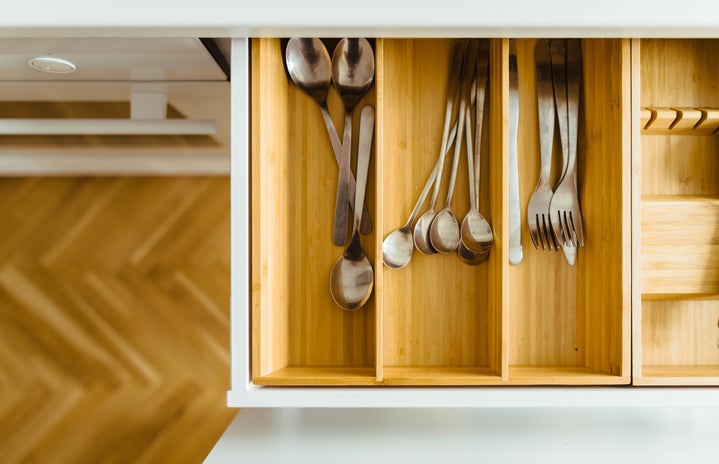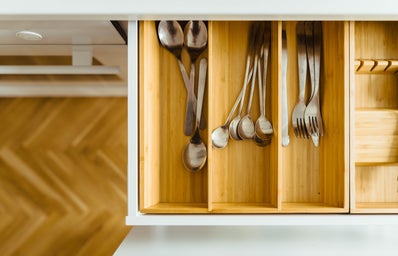When you pour yourself a mug of warmish coffee from the Fresh Food Cafe’s coffee dispenser, do you ever stop to wonder about the journey those coffee grounds took to get into your cup? Probably not; most of us don’t like to think about where cafeteria food comes from. However, the source of FFC coffee is actually a pleasant story.
Bon Appetit, Hopkins’ catering company that runs all of it’s dining halls, gets their beans from Sun Coffee Roasters, a company based out of Connecticut that provides Sustainable Fair Trade coffee. But what do these labels actually mean?
Fair Trade means that the beans come from coops of coffee farmers who are insured for their crops. Farmers invest their personal savings into making coffee beans, which go towards many costs such as labor, water, and machinery. Thus if a crop turns out badly, these farmers lose a lot of income. Although coops have membership fees, farmers gain some financial security in joining one. Fair Trade also implies that farmers are given a minimum price for their beans. Sun Coffee Roasters has partnered with over a dozen of these coops from around the world, from Africa to Indonesia to Central and South America.
Sustainable coffee can have a multitude of definitions, since consuming the drink involves many resource-draining steps. On a farming basis, sustainable is defined as using the least amount of water possible and making sure contaminated wastewater doesn’t return to the surrounding ecosystem. This also includes utilizing shade-grown practices, where farmers plant native trees around the plants to provide natural shade. This helps increase biodiversity and soil health. Lastly, sustainable coffee naturally fertilizes the soil with compost instead of synthetic chemicals. Sun Coffee Roasters has a sustainable label from UTZ, one of the largest sustainable farming programs in the world. UTZ recently merged with the Rainforest Alliance, another program that offers certification for products that encourage biodiversity and sustainable practices.
Other definitions of sustainable coffee can include the roasting, shipping, and consumption processes. Sun Coffee Roasters also claims to utilize an “energy-efficient roasting process” in addition to their other environmentally-friendly practices. They have a one-of-a-kind specialty roaster in Connecticut that aims for flavor consistency and prevents burning the beans (you can even take a tour of their facilities on their website).
According to their website, they also use a lot less natural gas and electricity in the roasting process, plus they recycle in the local community. Nearby student-run gardens use old burlap sacks to protect plants, and free-range chicken farms use leftover grinds for mulching. The company’s website also says that they deliver coffee within 12 days of roasting, meaning that the coffee is pretty fresh by the time you fill your mug. Although Connecticut isn’t the closest to Baltimore, the environmental footprint from shipping it could be much larger.
Overall, Hopkins has done a pretty decent job of providing environmental and socio-economical-friendly coffee. However, as consumers we also have a job in the sustainable process; using reusable mugs, using plant-based milks, and compostable straws/stirrers are all ways you can individually make a difference the next time you visit the FFC for some coffee.

